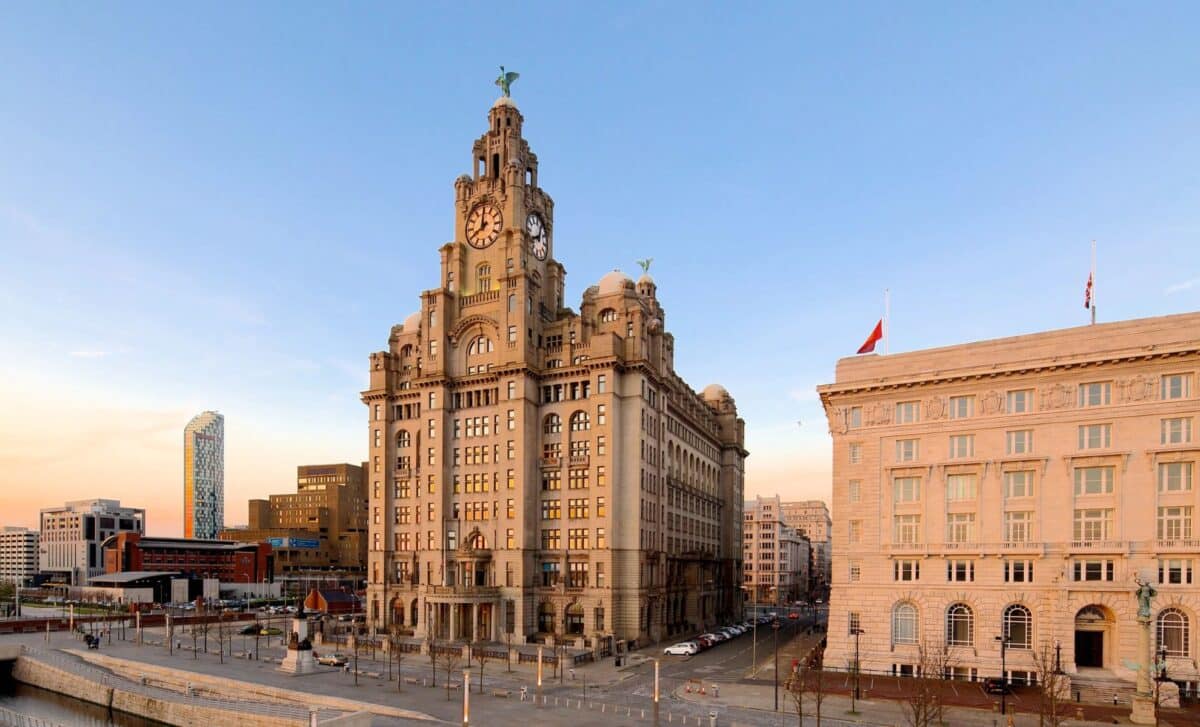Visitors to Liverpool will soon face a £2 charge for each night spent in the city, as the local hospitality sector aims to raise funds to boost the city’s tourism economy. The fee will apply to all overnight stays at hotels and serviced apartments, marking a significant shift in the way cities in the UK are managing tourism-related funding.
The £2 City Visitor Charge, passed following a vote by local hotel owners, is expected to generate substantial revenue. Liverpool’s Accommodation BID, which represents numerous hospitality providers in the city, anticipates that the new tax could bring in as much as £9.2 million over the next two years.
According to Marcus Magee, chair of Liverpool’s Accommodation BID, the charge is crucial to sustaining and enhancing the city’s tourism sector. The money raised will be directed back into the local economy, with 73% earmarked for tourism-related initiatives.
A Growing Trend in UK Cities
Liverpool follows in the footsteps of Manchester, which became the first UK city to implement a tourist tax in 2023. The success of Manchester’s City Visitor Charge, which raised £2.8 million in its first year, has helped pave the way for other cities like Liverpool to explore similar strategies.
The fee, set at £1 per room per night in Manchester, has shown that small levies can generate significant funds to support local tourism infrastructure.
The introduction of a £2 charge per night in Liverpool reflects a growing trend among UK cities to charge visitors to help fund their tourism economies. However, the implementation of such taxes is not without controversy.
While some in the hospitality industry see the charges as a necessary step to boost the city’s tourism sector, others remain sceptical about the impact on visitor numbers.
Support and Opposition Among Liverpool’s Hotel Sector
The new fee was approved after a vote by the city’s accommodation providers, with 59% in favour of the proposal. However, the vote also revealed a divided opinion, as 18 out of the 83 hotels surveyed opposed the measure.
Bill Addy, CEO of Liverpool BID Company, stated that the tax would allow the city to attract larger, more prestigious events, thereby increasing the overall flow of tourists.
According to Addy, evidence from European cities suggests that such visitor levies can be a key driver for major investment in tourism infrastructure, ultimately leading to world-class events and increased international recognition.
While the tax will be collected by accommodation providers, who will manage the payments at check-in or check-out, the decision to implement the fee reflects the growing influence of the hospitality sector in shaping the local economy.
As the city’s tourism industry adapts to new financial realities, the success of the £2 City Visitor Charge will likely serve as a model for other cities looking to support and expand their tourism offerings.









